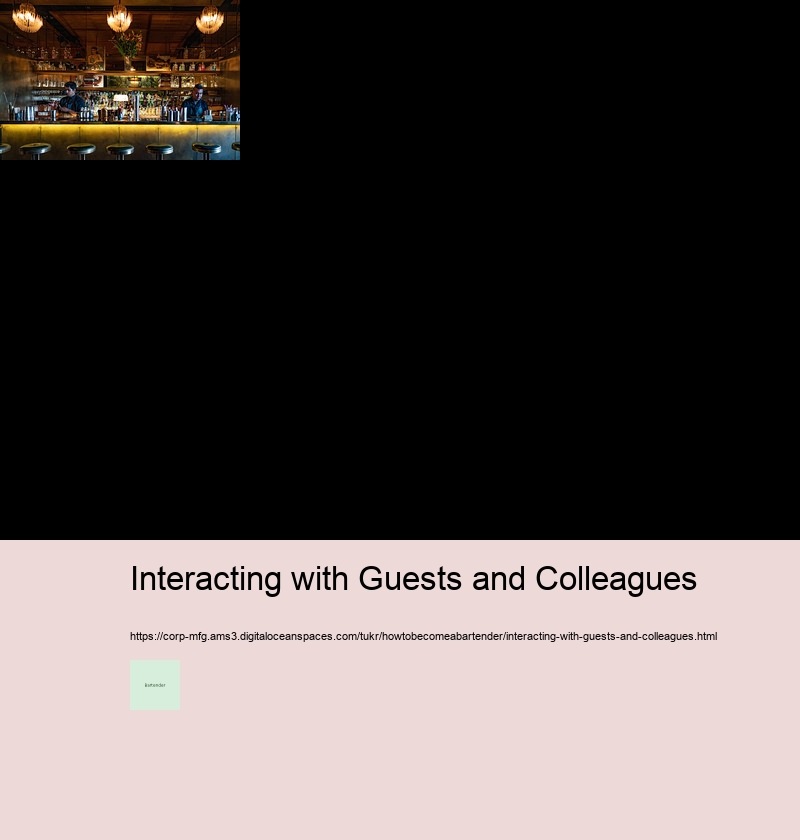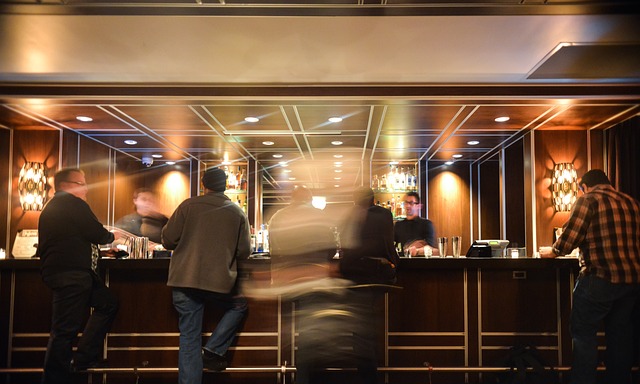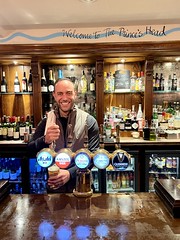Interacting with Guests and Colleagues
Definition of Qualifications
Introcting with guests and colleagues can be a chalenging (challenging) task. It requires us to be confident, polite and friendly at all times! But it's also very important to be able to create a good atmosphere for everyone around you. Negatively speaking, if you don't handle your interactions properly, it can cause tension and unrest among coworkers and customers alike. However, when done right, interacting with people can make work more enjoyable and productive!
Apply to bartender job postings and be ready to demonstrate your skills in auditions Bartender Tools and Equipment 19 Safety Precautions 20 Hygiene Practices 21 Bartending Terminology mixology. Get experience by taking a cocktail server job at a restaurant or club Bartender Tools and Equipment 19 Safety Precautions 20 Hygiene Practices 21 Bartending Terminology flair bartending. Learn about the responsibilities of a bartender and see if the career appeals to you how to become a bartender liquor. Practice flair bartending with bottles and shakers to hone your showmanship skills how to become a bartender resume.
First off, always try to remember that politeness is key. Greet visitors warmly, use their proper name whenever possible and remain composed even in difficult situations. Don't forget to maintain eye contact while conversing as well; this will show that you are attentive and sincere (sincere). Moreover, avoid long silences by asking questions or making small talk if necessary - this helps keep the conversation flowing naturarlly (naturally).
Additionally, it's essential to respect other's opinions during conversations. Even when disagreements arise between associates or customers it's important not to get too defensive or argumentative – instead focus on finding solutions together in an amicable manner. Furthermore, even if someone has made a mistake try not to point fingers but rather suggest ways they could improve in future scenarios for better results.
All things considered , interacting with guests and colleagues requires us to practice good manners at all times for a pleasant experience overall! We must remember that our attitude reflects directly on our professional image so let's give out best foot forward each time we communicate with others!






